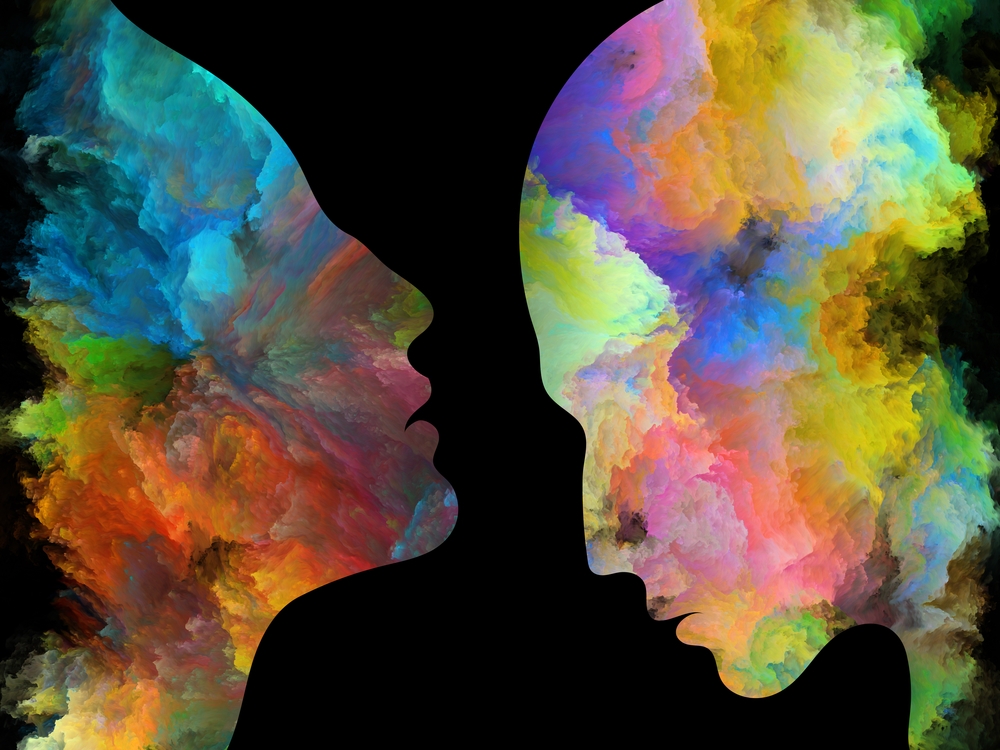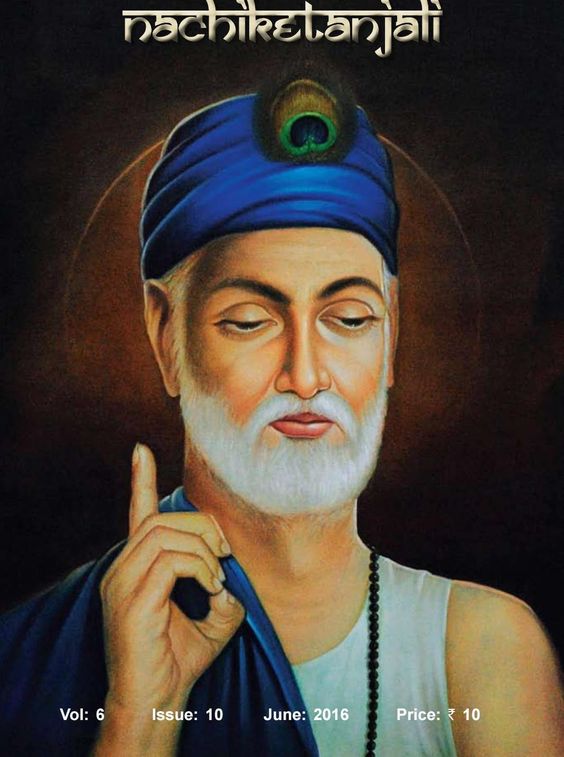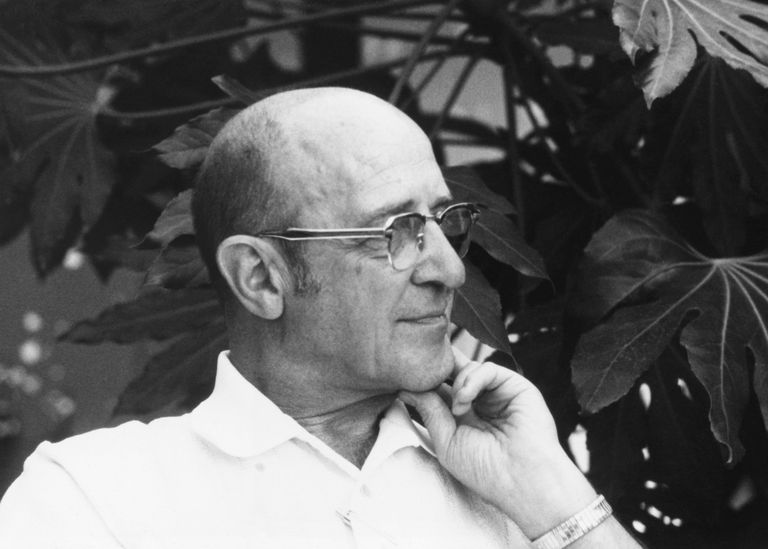The human mind tends to covert every experience into a question. That is a very destructive step. Please avoid it. the purpose of being closer to a master is not know that which is not knowable, to know that which is not expressible, to know that which cannot be put into words. When it stats […]
Category Archives: Applied Philosophy
How can our consciousness be free? How can we free and release our consciousness? How can we bring a mind that is bound, imprisoned in patterns out of the prison? The greatest problem that human beings face is the release and freedom of their consciousness. the question is not about a God, the question is about the freedom of consciousness.
Once a lady visited Kabir with her son. She complained of the boy eating heavy amounts of jaggery each day. Kabir listened to her problem patiently and then asked her to return to him with her son after one week. When the women did as asked, Kabir asked the boy to discontinue the practice.
The method in which the orientals have gone about preaching what they believed in is intriguingly different from the ways of the west – tea drinking ceremonies, walking in the shade of dense forests to drawing of intricate patterns only to have the mandalas entirely destroyed later on.
A Way of Being is a profound and deeply personal collection of essays, written by Rogers in the early 1980s, near the end of his career. The essay that I’ll be talking about today, titled ‘Can Learning Encompass Both Ideas & Feelings’, belongs to this very collection.
To realise the benefits of self-compassion, we just need to extend a pair of welcoming and supporting arms towards our own self.
Here are some selected thoughts from the west, to take some weight off that heart of yours and to inspire it!
What is which is called God? we need to try and understand tht too, because the revolution that must come into the life of a man cannot be deep if there is no presence of God in it.
So it is a great responsibility – which is not possible for one who believes in God, which is not possible for one who believes in the priest, who believes in the church, because he wants to give his responsibility to other people. the Christian thinks Jesus is the saviour , so it is Jesus’s responsibility – “He will come and deliver us from our misery, from this hell.” Freedom simply makes you absolutely responsible for everything that you are and that you are going to be.
We might find it more healthy to learn how to lean in to our fears, listen to them, acknowledge them and talk about them instead of treating them like enemies. Instead of imagining the world to be a place where only our praises can be sung, we can think of it as a place where we can reveal a little more of our true selves and that there might not be anything more beautiful than us accepting ourselves for who we are.










